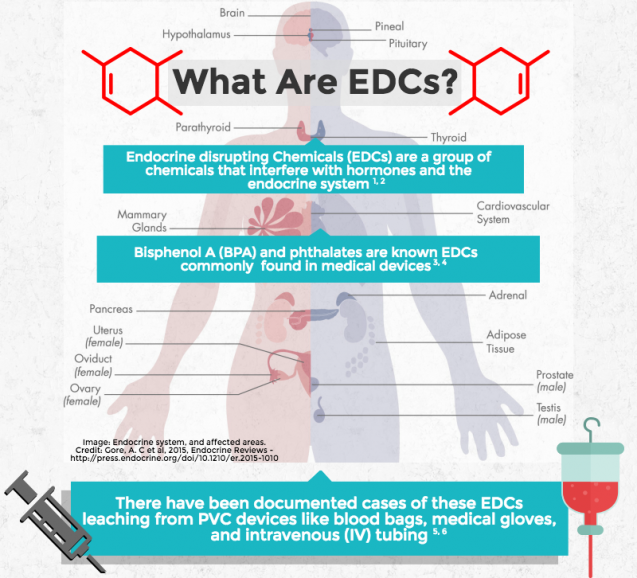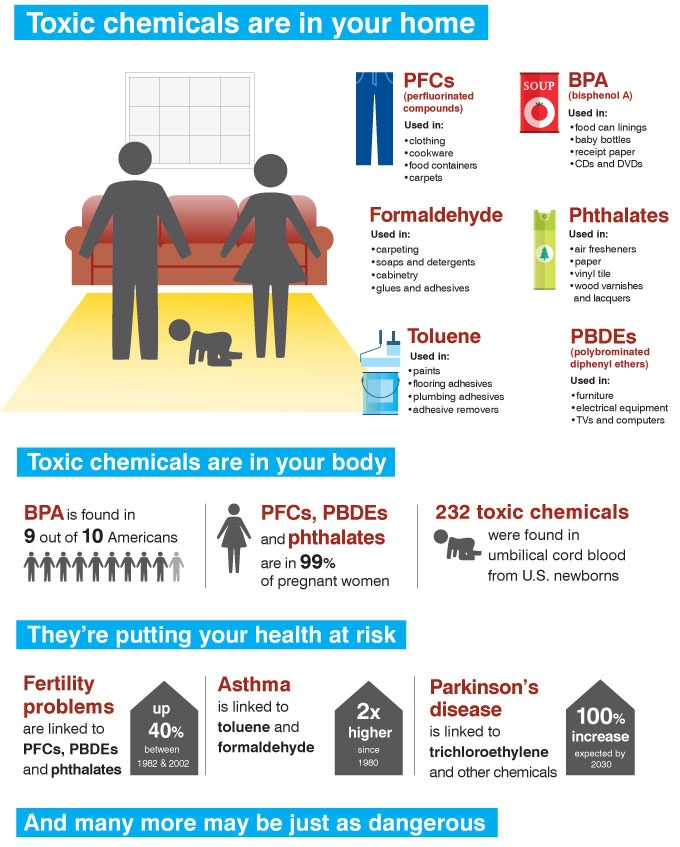Contribution to EDCs Rules Review
16.07.2019 13:00:28

Euro Coop Contribution to the European Commission’s Roadmap “Harmful chemicals – endocrine disruptors, review of EU rules"
What are EDCs?
Endocrine disruptive chemicals (EDCs) are a broad category of compounds used in consumer products, electronics and agriculture that have been associated with a diverse array of health and environmental issues. These non-natural chemicals can mimic, block, or interfere with the way the body’s hormones work.
Consumer Co-ops in the Lead
 Our members have a long tradition of going beyond legislation in protecting consumers from hazardous chemicals, as it is in this case, by rigorously applying the precautionary principle. EDCs have been under strict scrutiny from consumer co-operatives due to the high standards our members adopt concerning consumer and environmental protection.
Our members have a long tradition of going beyond legislation in protecting consumers from hazardous chemicals, as it is in this case, by rigorously applying the precautionary principle. EDCs have been under strict scrutiny from consumer co-operatives due to the high standards our members adopt concerning consumer and environmental protection.
- Coop Denmark has banned EDCs in all private label products.
- Coop Italy has phased out per- and polyfluoroalkyl substances (PFAS) from all its own-branded personal care line.
- S-Group in Finland applies the precautionary principle for the EDCs used in cosmetics, personal care products and household detergents. According to their quality requirements, substances evaluated by the EU or other leading official organizations as causing or potentially causing endocrine disruption cannot be present in their private label products.
- Most recently, Coop Denmark raised their efforts to the next level by banning PFAS from all suppliers.
A call for Action
Against this background, Euro Coop calls on the European Commission to act more boldly and more swiftly when it comes to EDCs in order to better protect consumers and the environment. In this respect, we would like to draw its attention to the need to act on the following points:
- Prioritize the development of a “thorough research basis” for EDC policy formulation, especially when it comes to clear definitions, such as for the “safe level of exposure”; investigating the “cocktail effect” and the nexus between cosmetics and EDCs (ex. Sunscreens);
- Take a “group approach” in legislation. Currently, for bisphenols, only Bisphenol A (BPA) is well regulated whilst it is not the same for several other bisphenols, also dangerous;
- Consider the costs of inaction;
- Formulate KPIs for securing the necessary EU and national funding for public research programmes as well as boost product innovation at company level;
- Develop testing methods to consistently assess newly developed;
- Boost uptake of the EU Ecolabel or equivalent (e.g. Nordic Swan);
- Better enforce legislation on imports from outside the EU as well as on consumer goods bought online;
- Encourage an active dialogue among scientists, public authorities and private actors;
- Raise awareness of the environmental and health challenges posed by hazardous chemicals through ad-hoc communications campaigns;
- Boost B2B and business to regulators information exchange on hazardous chemicals;
- Recognize the importance of early warnings and apply consistently the precautionary principle.
Next Steps
The Commission will follow this roadmap with a public consultation, in which Euro Coop will represent the voice of consumer co-operatives. We therefore invite the EU Commission to take the afore-mentioned action points into due consideration when designing the upcoming consultation on EDCs for the public debate to be stirred in the right direction.
The EU should remain a reference point for high standards and keep operating on the basis of the best available scientific knowledge and legal certainty to protect consumers and the environment also beyond the EU boundaries, thereby making a direct contribution to a swifter attainment of the Sustainable Development Goals (SDGs).
Latest Sustainability Policy news

France Partially Bans Glyphosate as of 2021
It was announced today, 08.09.2020, by France’s Minister of Ecological Transition –...

Position Paper on AMR
Antimicrobial resistance (AMR) represents today one of the most dangerous threats to humanity...
Latest Sustainability Policy stories

UN Recognises Cooperatives with Decadal International Year
Euro Coop warmly welcomes the United Nations General Assembly’s historic resolution to...

Skupina COOP Wins at the European Commerce Awards 2025
Euro Coop warmly congratulates Skupina COOP , our member from the Czech Republic, for winning...

FNCC Showcases Consumer Cooperation at GSEF 2025 in Bordeaux
Euro Coop member FNCC proudly participated in the Global Social Economy Forum (GSEF) 2025 ,...

